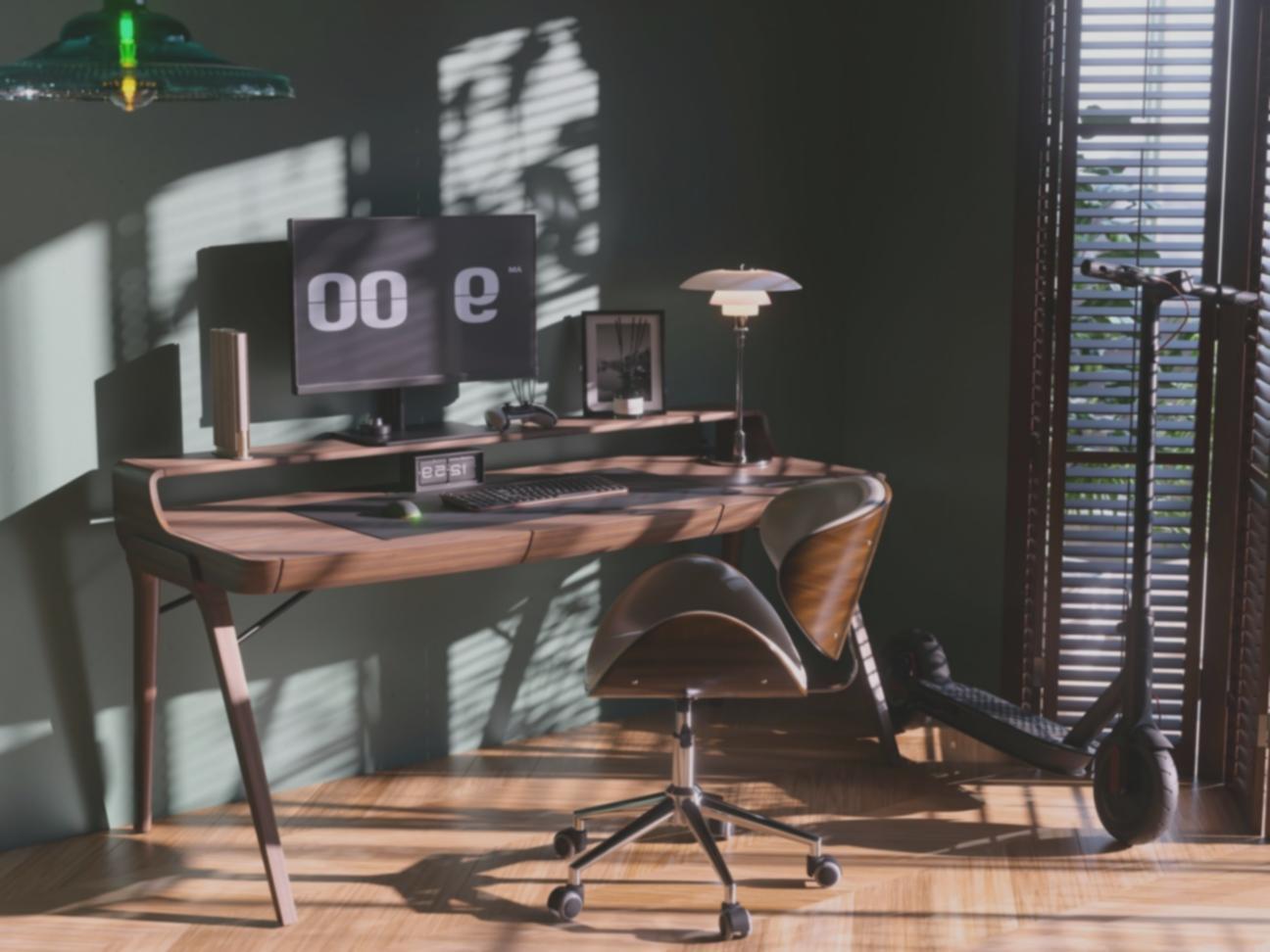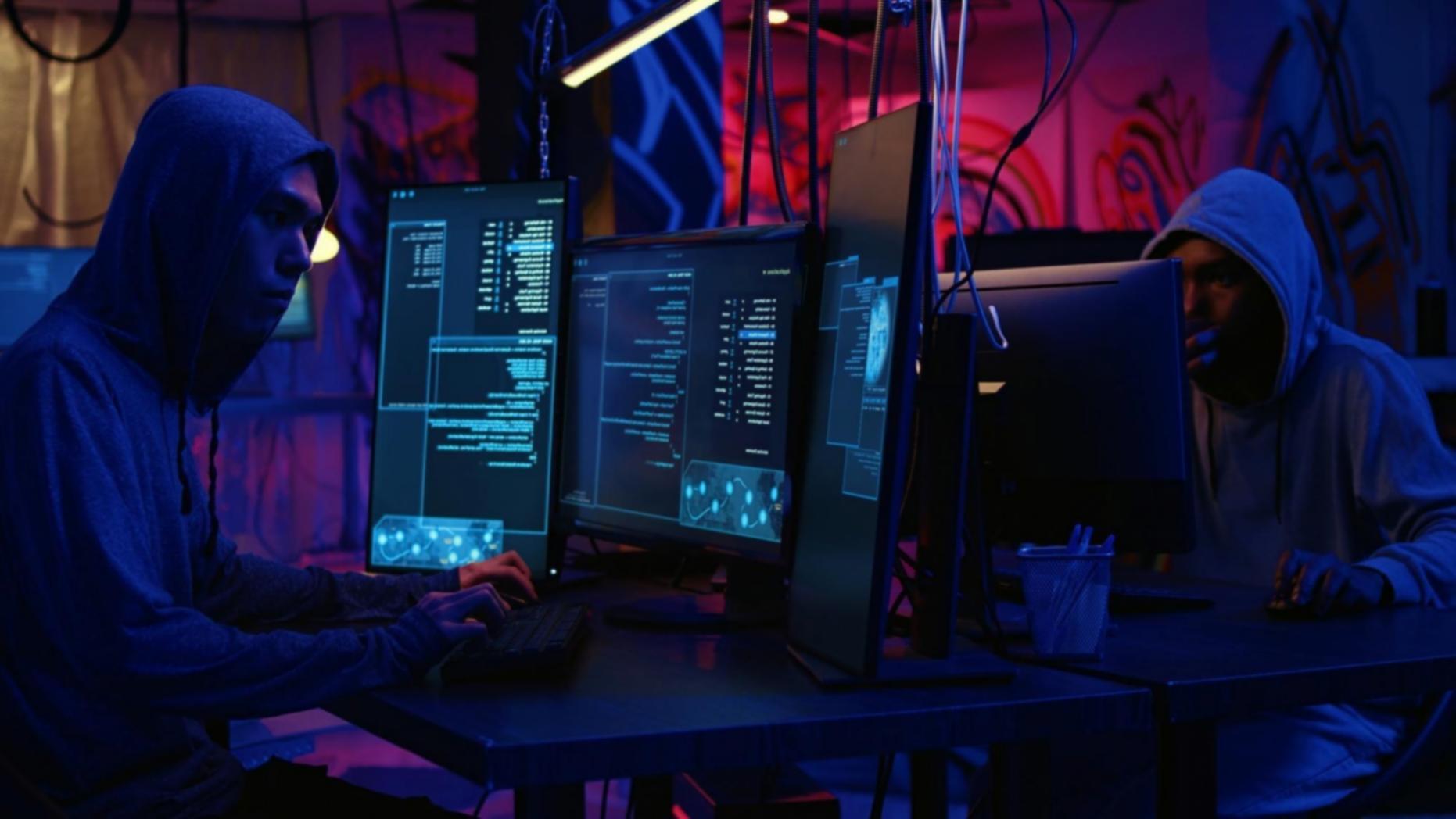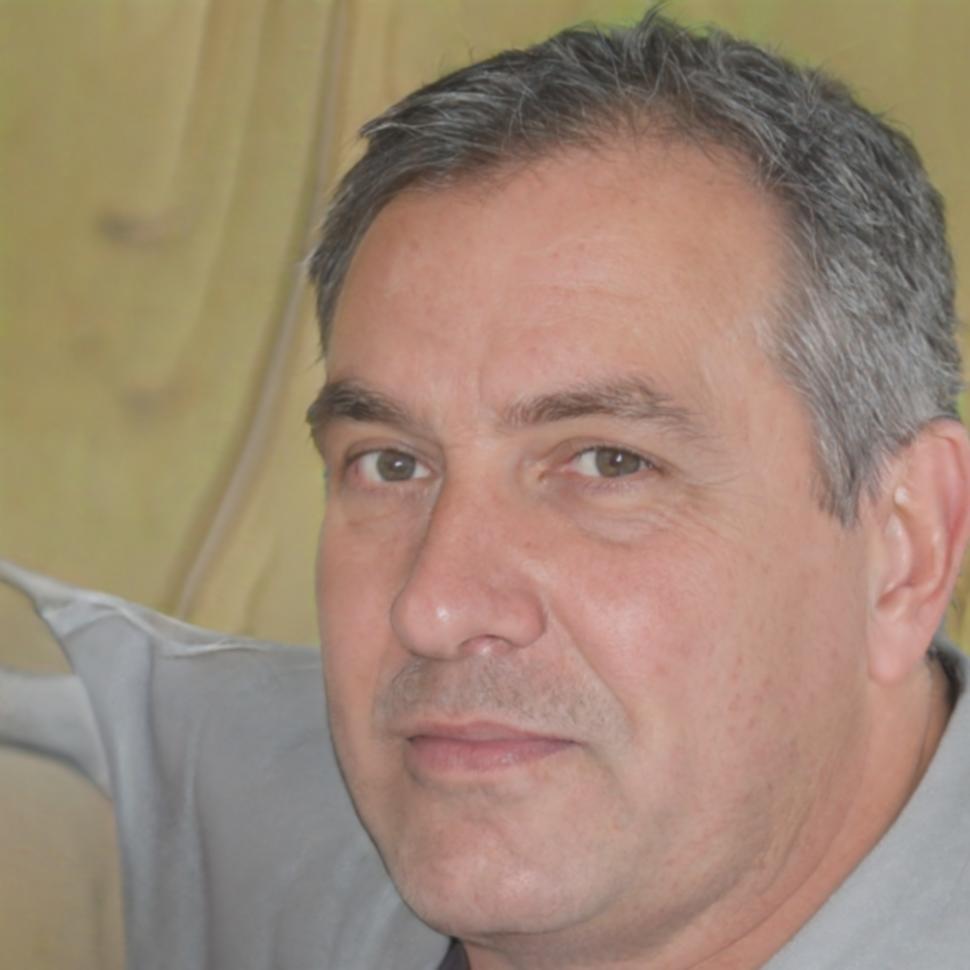Build Games That Actually Move
Most game engines teach you to fake physics. We teach you to build it from scratch. You'll understand forces, collisions, and momentum—not just memorize API calls. By summer 2026, you'll be creating 3D worlds where objects behave like they should.
Explore Our Curriculum

Why Physics Matters More Than Graphics
Pretty visuals catch the eye. But realistic movement keeps players engaged. When a ball rolls down a ramp and feels right, when a character's jump arc matches their speed, when debris scatters naturally—that's what makes games memorable.
You won't copy-paste rigidbody components. You'll calculate velocity yourself. Debug angular momentum. Build collision detection that actually works. It takes longer but you'll understand what's happening under the hood.
- Write vector math that controls object movement in three dimensions
- Design collision systems that handle complex shapes and interactions
- Implement gravity, friction, and restitution from mathematical principles
- Optimize physics calculations for smooth frame rates on varied hardware
Our approach isn't faster than drag-and-drop tools. But when something breaks or behaves oddly, you'll know exactly where to look and how to fix it.
What You'll Actually Learn
We break down complex physics into practical projects. Each module builds on the last, so you're never overwhelmed but always progressing.
Foundation Math
Vectors, matrices, quaternions. Sounds intimidating but you'll use them constantly. We focus on the math that actually matters for game physics—the rest can wait.
First month covers coordinate systems, transformations, and the dot product. You'll use these concepts in every project afterward.
Collision Detection
Sphere-sphere, box-box, then mesh-mesh. Each type requires different approaches. You'll implement basic detection first, then optimize for performance.

By March 2026, students typically handle complex scenes with dozens of interacting objects. The key is spatial partitioning—which we cover in week seven.
Collision response comes next. Calculating impulses, resolving penetration, handling friction. This is where theory meets practical debugging.
Realistic Movement
Integrators determine how position updates each frame. Euler integration is simple but unstable. Verlet integration handles constraints better. RK4 is accurate but expensive.
You'll implement all three and learn when to use each. Most engines hide this choice—we make it explicit so you understand the tradeoffs.
Who This Program Suits
"I'd been using Unity for two years but struggled when physics didn't behave as expected. This program taught me why. Now I can predict and fix issues instead of tweaking parameters randomly. Worth the time investment."
This works best if you already know basic programming. You don't need to be an expert, but understanding loops, functions, and objects helps. We teach the physics and math—you bring the coding foundation.
Our next cohort starts July 2026. Classes run Tuesday and Thursday evenings, plus Saturday workshops for hands-on debugging. Takes about nine months to complete if you keep up with assignments.
Learn About Our Approach
